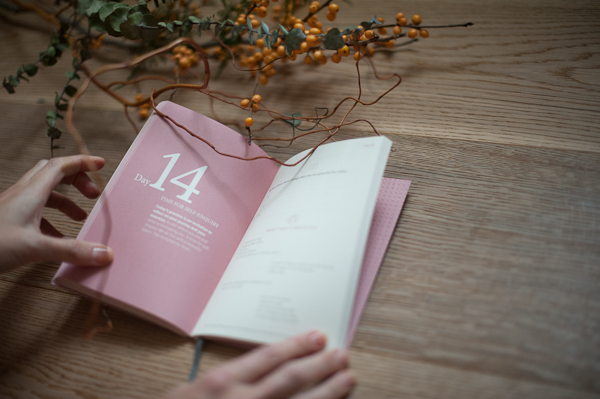Rituals can be found in every culture and religion throughout history. Whilst we may associate them with religious and mythological beliefs, they are in fact a part of our everyday lives. With clear intentions and conscious efforts, we can harness the power of ritual to positively impact our mind, body and spirit.
What is a ritual?
According to the Merrium Webster Dictionary, a ritual is a sequence of activities involving gestures, words, and objects, performed in a sequestered place, and performed according to set sequence. Rituals are inherent in our personal lives and relationship with our Self, for example, meditation and even cooking. They’re also a key part of our societies, from weddings and rites of passage to festivals and sporting games. Throughout the outer and inner worlds of our lives, rituals are taking place.
More than a habit
Rituals need to be performed with a level of conscious attention and personal intention. Unlike our habitual behavioural patterns which are often unconscious, rituals depend on focused intention, and clear and repetitive actions. Rituals are also embedded in a level of meaning and symbolism. In this way, checking your phone upon waking each morning might be considered a habit, whilst a morning practice of yoga could be considered a ritual.
A shortcut to a state of mind
One of the main keys to the power of meditation, is practice. With the repetition of rituals over time, we’re sending a clear and direct message to our mind and body of the type of state we want to evoke. It’s like creating a shortcut to a particular state of being. Performing our chosen rituals again and again brings us closer to this state faster and the mind-body connection becomes stronger.
Ritual and meditation
The ritual at the beginning and end of your Silatha meditation acts like a shortcut to bring your awareness into the meditative state of being. Your ritual may even begin before the meditation starts. How you create your space for the meditation can be a very important part of the ritual. Once the stage is set, all you need to do is take your place. As you begin your meditation with your Dorje in hand, you are sending a very clear message to your whole being that your meditation has begun. Nowhere else to be, nothing else to do.
Rituals in your daily life
Take a moment to think about where rituals play a role within your life. Perhaps for creativity, you might have a ritual of preparing your space and moving your body to calm your mind and connect with your creative centre. You might have a bedtime ritual with your children, repeated daily which helps to calm them down and quickly bring them to a state of rest. Cooking a meal for your loved ones may be your daily ritual with nourishment and creativity your intention.
Creating new rituals
The rituals in your life are there to connect you deeply to yourself and your community. They can be entirely personal, and should serve a purpose for yourself and/or others. There are so many areas of our lives which can benefit from the power of ritual, and you can create them wherever you see the need. Rituals can be used to prepare you for a type of work, to create an intimate space within your relationship, to harness your creativity, and for self care. The list is infinite and you can have fun experimenting with creating rituals for different areas of your life. Some key aspects of a ritual to focus on are:
1. Intention – Why you are performing the ritual; what you want to connect with, create or tune into
2. Action – what actions or objects are involved e.g placing your dorje over your neck, taking a bath, holding hands, cleaning.
3. Practice – Repeatedly practicing your ritual will create the mind-body-spirit connection
Feeling is more important than understanding
The power of rituals lies in our ability to be fully present. We have to give ourselves completely to the ritual, which will in turn calm the mind and increase our awareness of that which we are doing. There is no place for the mind’s critic whilst in ritual. It is much better to participate wholeheartedly with the entirety of our being, and analyse the effects of our practice later. A ritual simply cannot work if the mind is debating and questioning every step of the way. There’s an element of faith and even play involved. The kind which allows us to be ok with not knowing entirely why or how this works, and giving ourselves to the process anyway.
Words by Kirilly Dawn, for Silatha.


